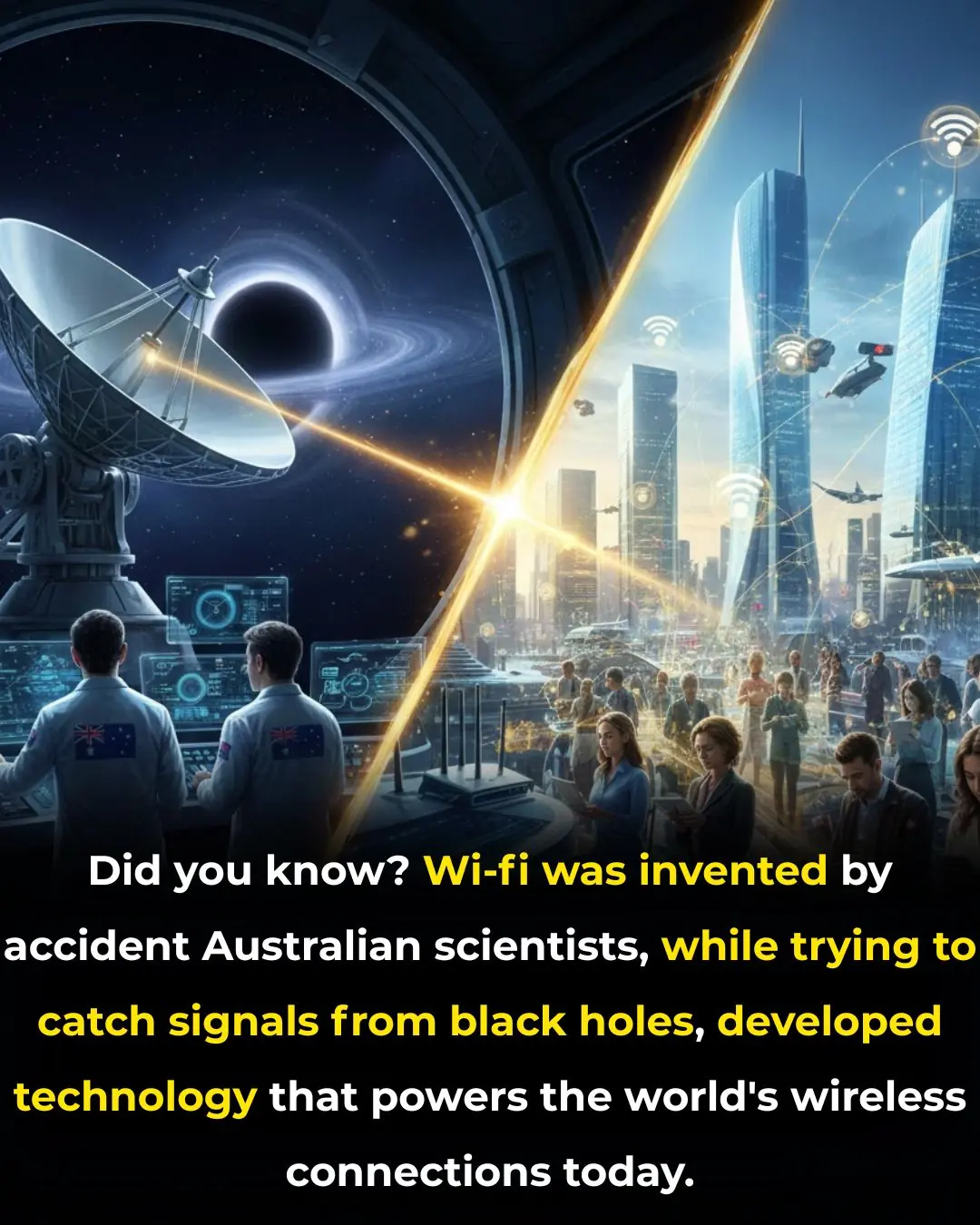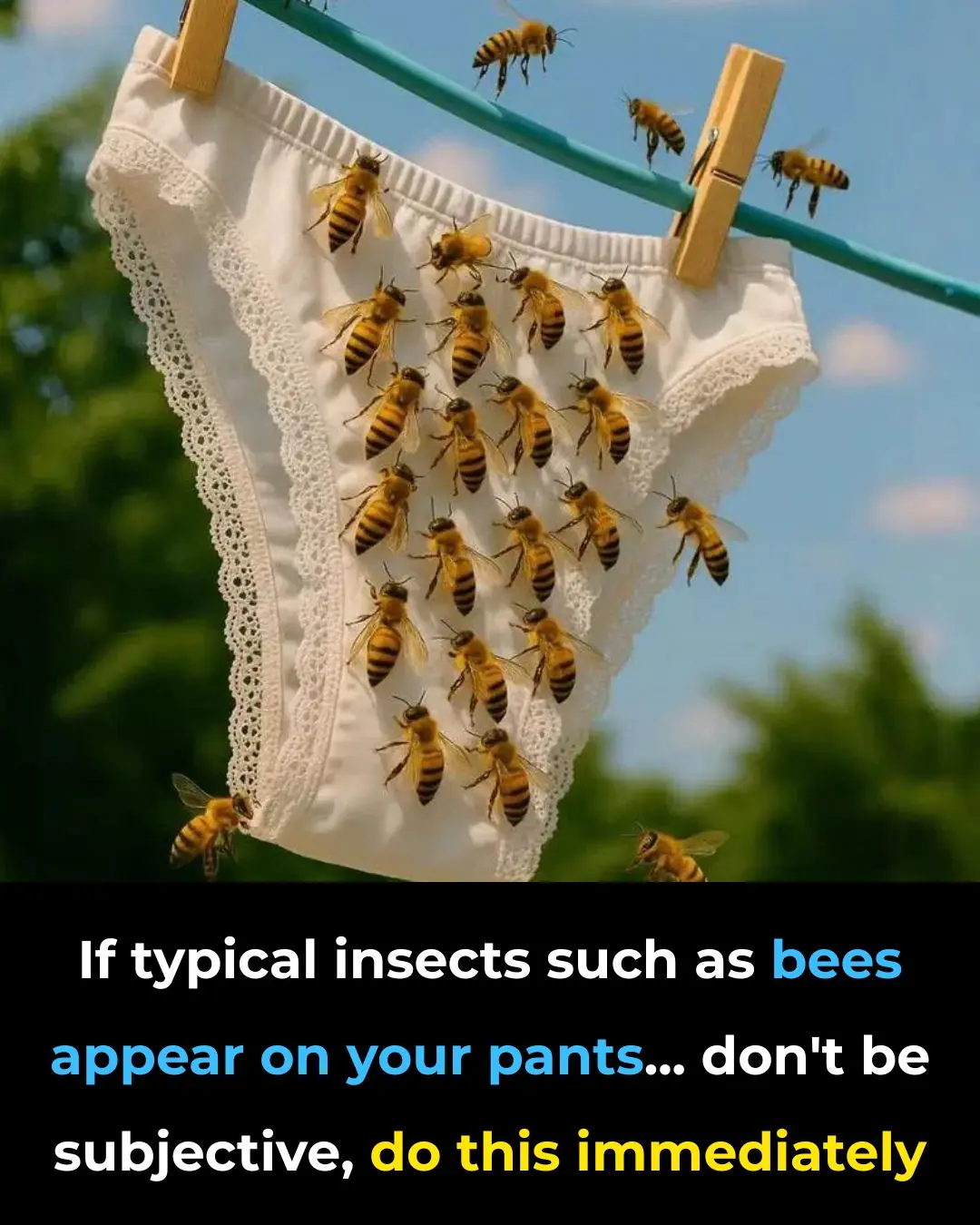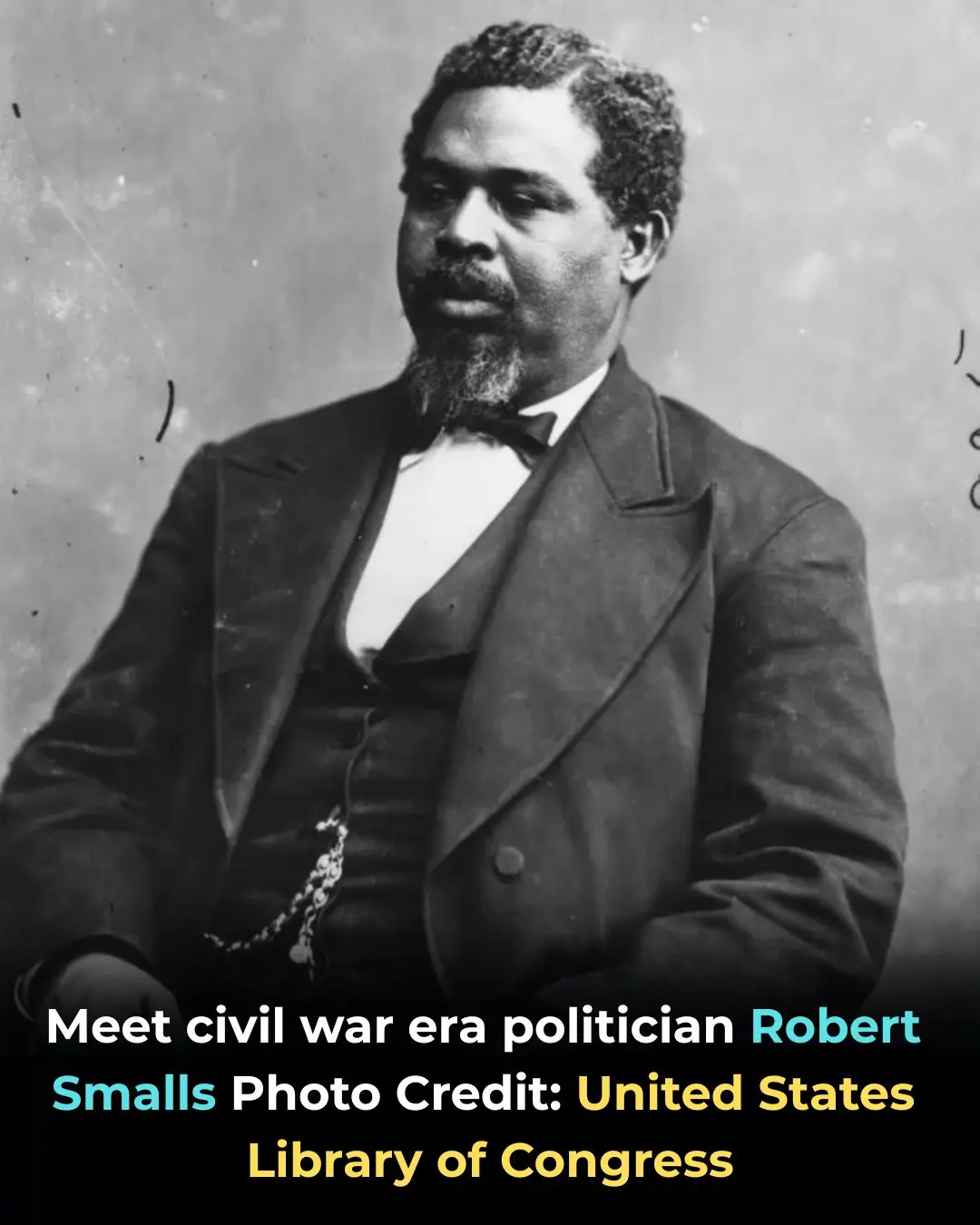
🤫 The Quiet Confidence: Why Healthy, Stable Couples Post Less on Social Media
In an era defined by digital sharing, where every milestone, meal, and moment is often curated for a public audience, a compelling pattern has emerged concerning relationship dynamics: couples in truly healthy and stable relationships tend to exhibit a lower frequency of posting about each other on social media. This counterintuitive finding challenges the notion that online visibility equates to relationship vitality, suggesting that a reduced need for public acknowledgment is, in fact, a hallmark of deeper emotional security and intimacy.
The Psychology Behind Public Silence
Experts in psychology and relationship counseling widely attribute this phenomenon to three core pillars of a mature relationship: trust, security, and emotional intimacy. When these elements are strong, the intrinsic need for external validation—the "likes" and comments that affirm a relationship's existence—significantly diminishes.
-
Internal Security vs. External Validation: Couples who are genuinely secure derive their sense of validation from within the partnership itself. Their reality is their shared, private experience, not the filtered, public perception of it. The relationship serves as its own reliable, private echo chamber of affection and commitment. Conversely, excessive posting can sometimes signal a deeper insecurity, where the relationship’s worth is implicitly dependent on social media metrics.
-
Deep Trust: High levels of mutual trust mean neither partner feels the need to claim territory or constantly prove the relationship's stability to the outside world. They are confident in their partner's faithfulness and commitment, regardless of online visibility. They don't require the performance of togetherness to solidify their bond.
-
Emotional Intimacy: True intimacy thrives in privacy. The most meaningful moments—the quiet vulnerability, the inside jokes, the profound conversations—are often those that are difficult, or even inappropriate, to translate into a public post. By choosing to protect these shared, personal moments, couples prioritize the depth of their connection over the breadth of their social reach.
The Strengthening Power of Privacy
The study suggests that keeping personal moments private may actually strengthen the bond between partners. The act of consistently withholding intimate details from the public domain creates a sacred space, a sanctuary where the relationship can evolve authentically without the pressure of external commentary or judgment.
When every argument, trip, or disagreement is potentially subject to public scrutiny, the couple inadvertently shifts their focus outward. They may alter their behavior, censor their interactions, or even stage moments to fit the perfect narrative required for online presentation. This constant performativity introduces stress and artifice. By opting for privacy, stable couples safeguard the authenticity of their interactions, allowing them to focus entirely on each other, resolving conflicts privately, and genuinely celebrating milestones without the distraction of curating an image.
Furthermore, this discipline allows couples to fully immerse themselves in the present moment. Instead of seeing an event through the lens of "how will this look online," they experience it fully, enhancing the quality of shared memory and reinforcing their internal bond. This focus on the internal reward system of the relationship—shared happiness, mutual respect, and private communication—reinforces its long-term stability and resilience against external pressures.
Implications for Modern Relationships
This research provides a crucial perspective for navigating modern relationships: the true measure of a successful partnership is its quality and consistency offline, not its quantity or frequency online. While social media can be a wonderful tool for sharing joy and maintaining connections, its overuse as a primary platform for relationship validation can be detrimental. Ultimately, the confidence to remain "quiet" on social media signals a healthy, internalized conviction that the relationship is thriving, needing no digital megaphone to prove its existence.
📚 References
-
Muise, A., Christofides, E., & Desmarais, S. (2014). Creeping and the public display of affection: Disclosure and jealousy in romantic relationships. Personal Relationships. (Research exploring how online disclosure relates to relationship satisfaction and jealousy).
-
Fox, J., & Warber, K. M. (2015). Social networking sites in the romantic relationships of emerging adults: A review of the literature. Current Opinion in Psychology. (A review linking social media use to relationship markers and quality).
-
Journal of Social and Personal Relationships. (A leading academic publication often featuring studies on digital communication, privacy, and relationship health).
News in the same category


Wood vs. Diamonds: The Cosmic Rarity of Life's Fingerprint

🌌 An Accidental Revolution: How the Search for Black Holes Led to the Invention of Wi-Fi

📈 The $5 Trillion Threshold: NVIDIA Becomes the World’s Most Valuable Company, Reshaping Global Economic Influence

🐝 The Silent Threat: Research Links Cell Tower Radiation to Harmful Effects on Honey Bee Health

Why Some Eggs Are Speckled

What Are the “Black Triangles” Between Your Teeth

Inserting a toothpick into this exact spot on the electric kettle has an amazing effect — a useful trick everyone should know

Crocodile Tears Explained: From Natural Reflex to Cultural Legend

Millions Travel Nationwide for a Nostalgic and Festive Thanksgiving Weekend

⌚ The Unassuming Icon: Casio’s Enduring Philosophy of Utility Over Luxury

✨ A Young Innovator’s Global Impact: Rachel Brouwer’s Solar Water Purifier Offers Hope to Underserved Communities

Kamala Harris Sparks National Conversation on Lowering the Voting Age

🧠✨ Stunning MRI Images Reveal the Hidden World of Babies in the Womb

Doctors Discover First-Ever Live Worm Found in a Human Brain: A Historic Medical Case in Australia

Why Bees Land on Fresh Laundry: Understanding Their Attraction and How to Prevent It

What Are the “Black Triangles” Between Your Teeth

12-Year-Old Innovator Creates Low-Cost Virus-Removing Air Filter Adopted Across Connecticut

Billionaire Judy Faulkner, 82, Commits to Giving Away 99% of Her $7.8B Fortune
News Post

Recreating a Legacy: Ruben Flowers Joins His Father as Co-Pilot on Captain Flowers’ Final Southwest Airlines Flight

Wood vs. Diamonds: The Cosmic Rarity of Life's Fingerprint

Local Washington State Park Changes Name Meaning To Honor Rosa Franklin, The States First Black Woman Senator

THIS SEED: AFTER 50, IT STRENGTHENS BONES & CURES ALL PAINS

High Blood Pressure Has a New Culprit

Civil War Era Politician Robert Smalls Becomes First African American to Receive Monument in South Carolina

How to treat nerve pain in the foot, toes & legs

Dr. Patricia Bath Set To Make History As First Black Woman Inducted Into National Inventors Hall of Fame

Unlocking the Power of Rosemary Tea: A Natural Elixir for Mind, Body, and Soul

🌌 An Accidental Revolution: How the Search for Black Holes Led to the Invention of Wi-Fi

📈 The $5 Trillion Threshold: NVIDIA Becomes the World’s Most Valuable Company, Reshaping Global Economic Influence

Angela Davis to Keynote Largest Black Feminist Conference in the Nation

🐝 The Silent Threat: Research Links Cell Tower Radiation to Harmful Effects on Honey Bee Health

NYC-Based Events Company Is Creating Spaces to Empower Indy Black Artists Across the East Coast

Why Some Eggs Are Speckled

Drinking Water the Right Way

This is the correct way to preserve pork in the freezer: The meat will not dry out, and will still retain all its nutrients for a whole month.

Pour salt into the toilet, everyone calls you crazy but know its uses and do it at home right away

What Are the “Black Triangles” Between Your Teeth
